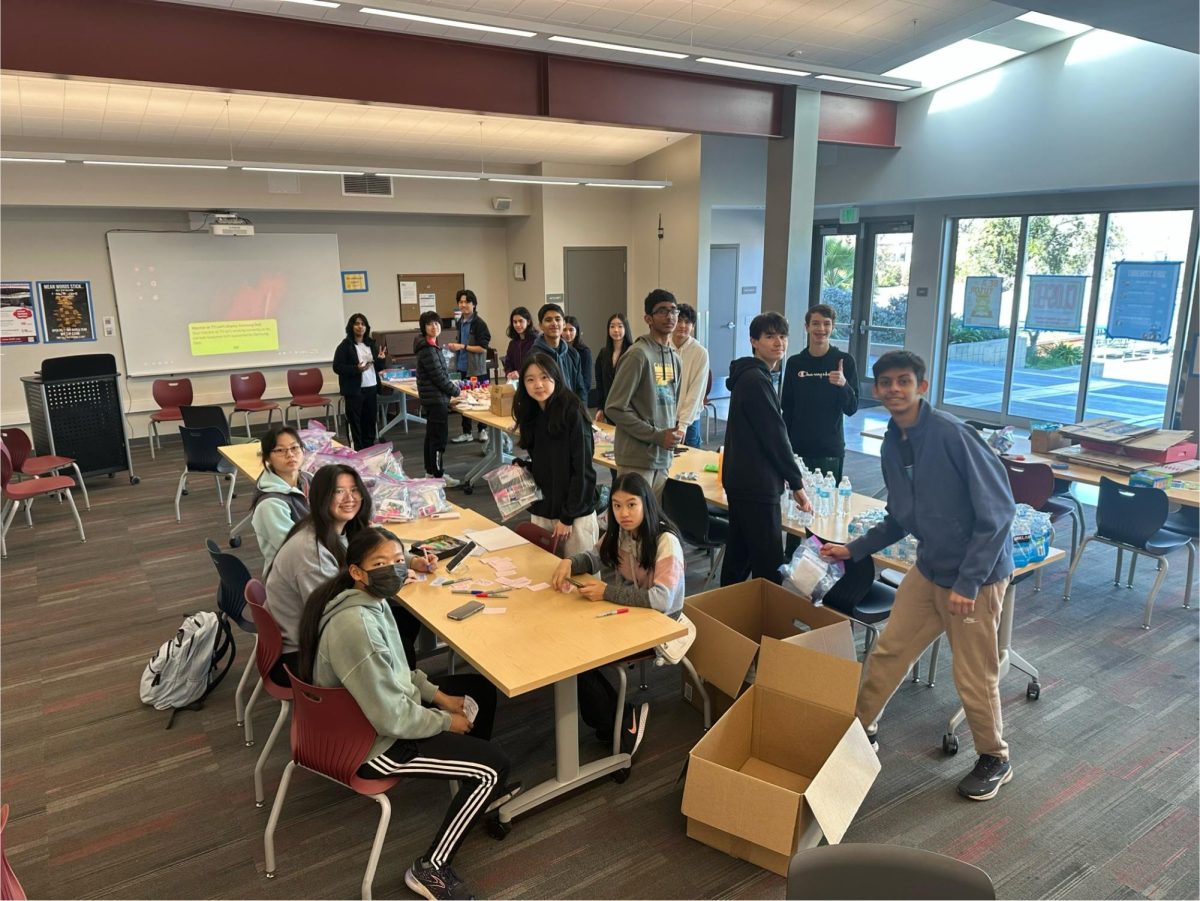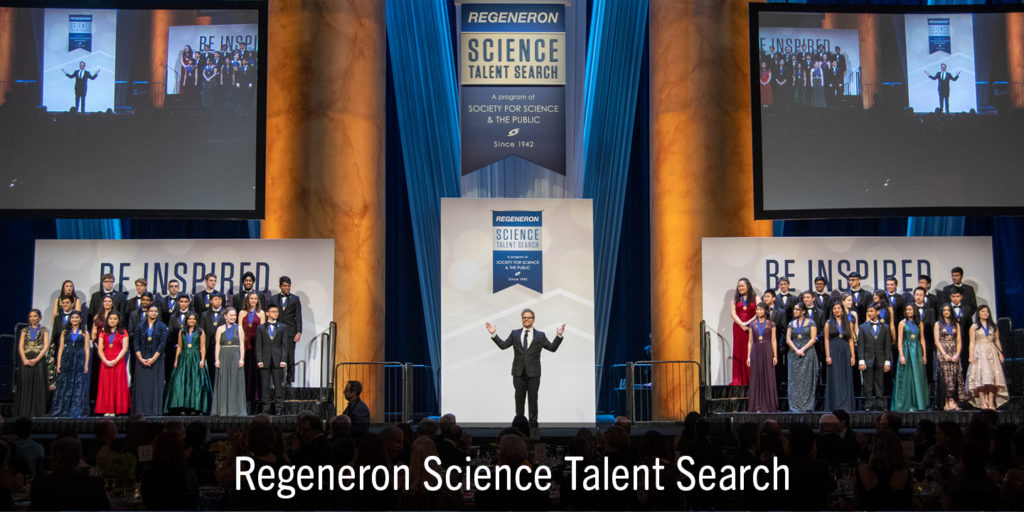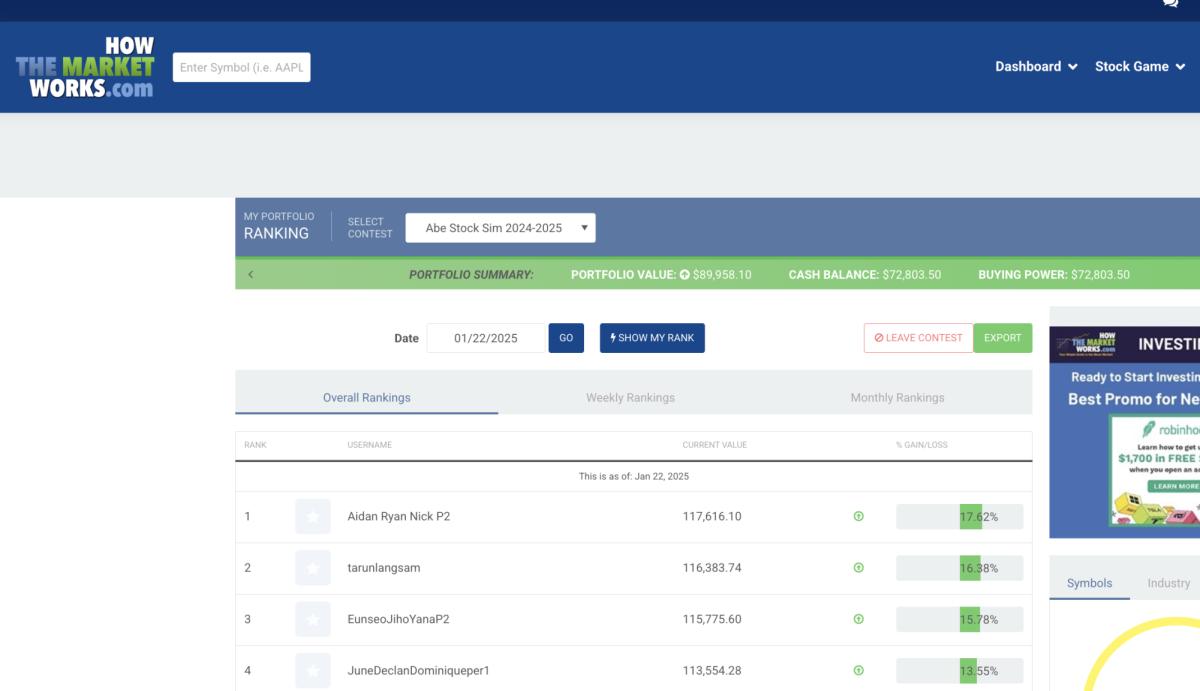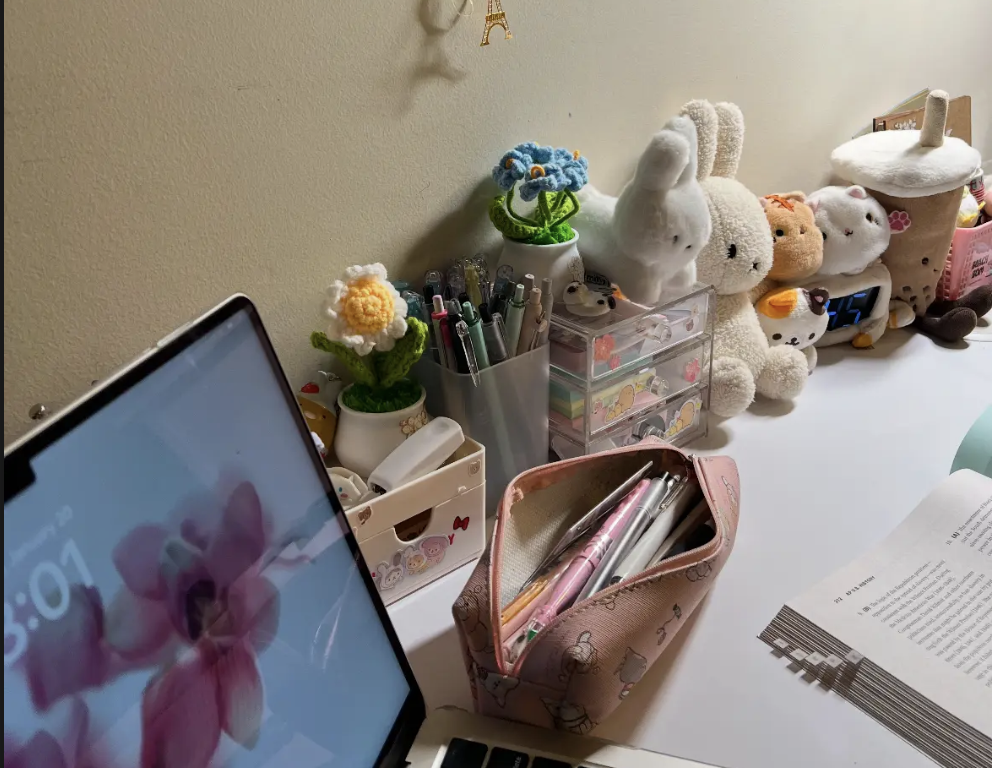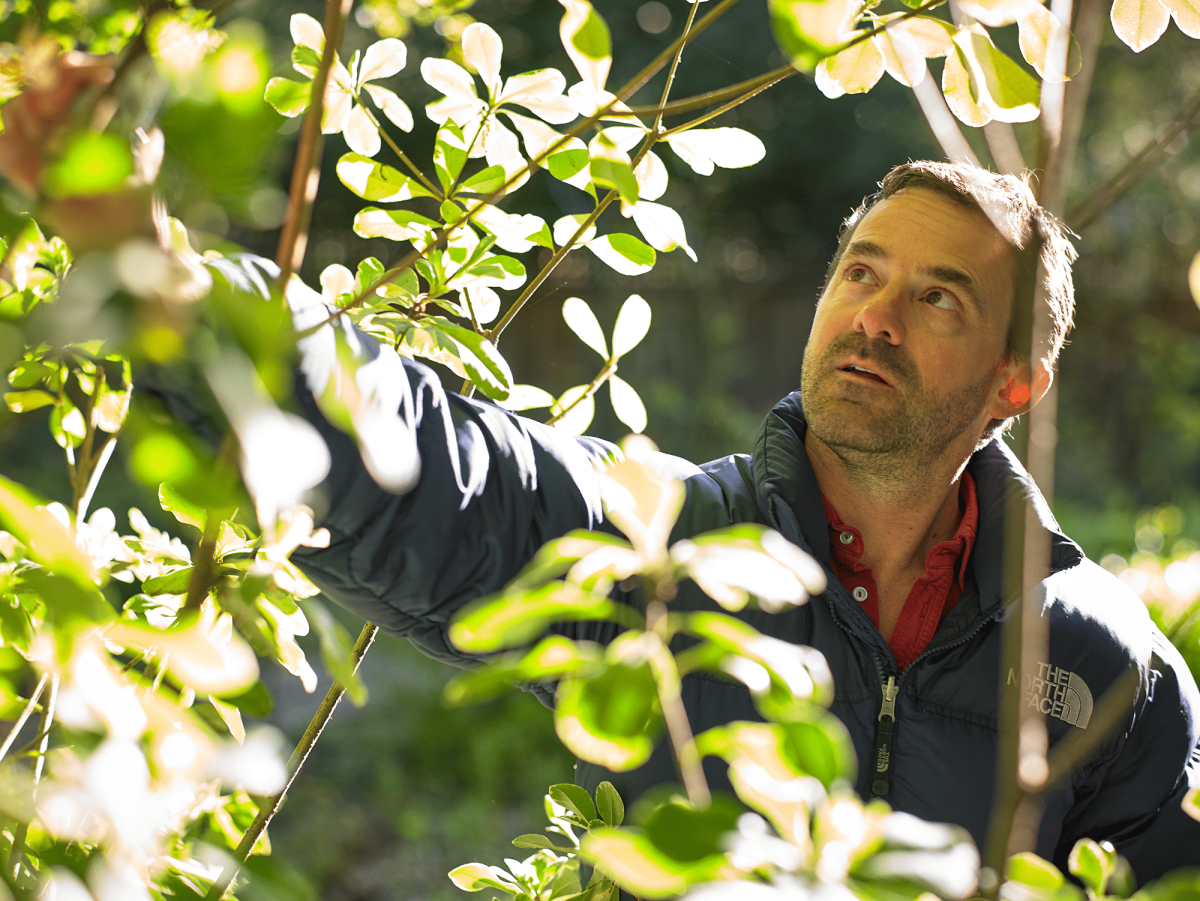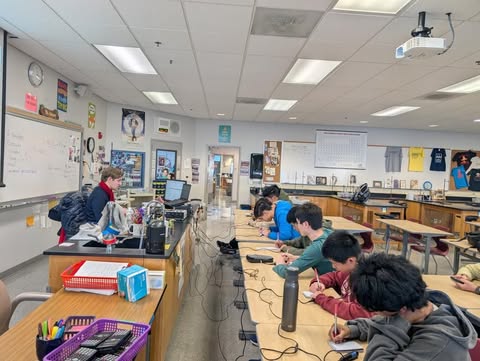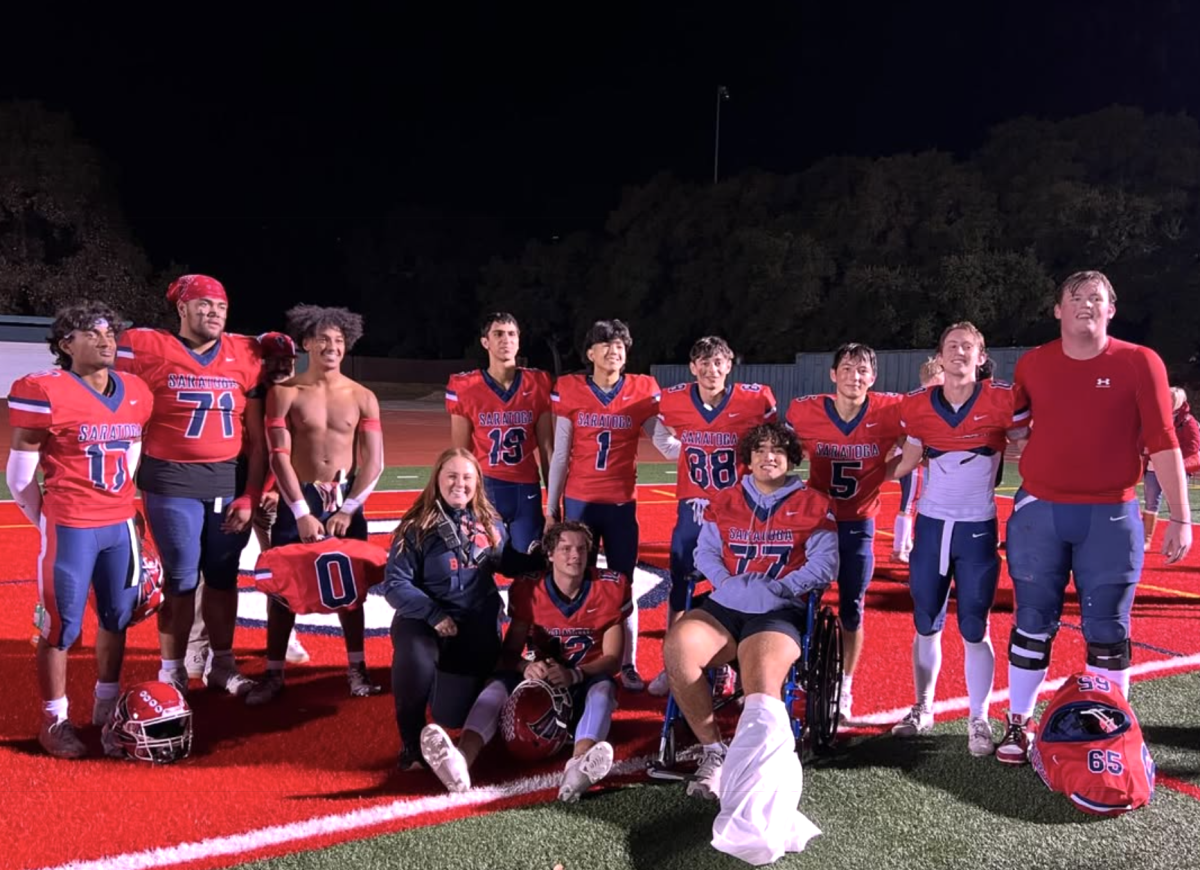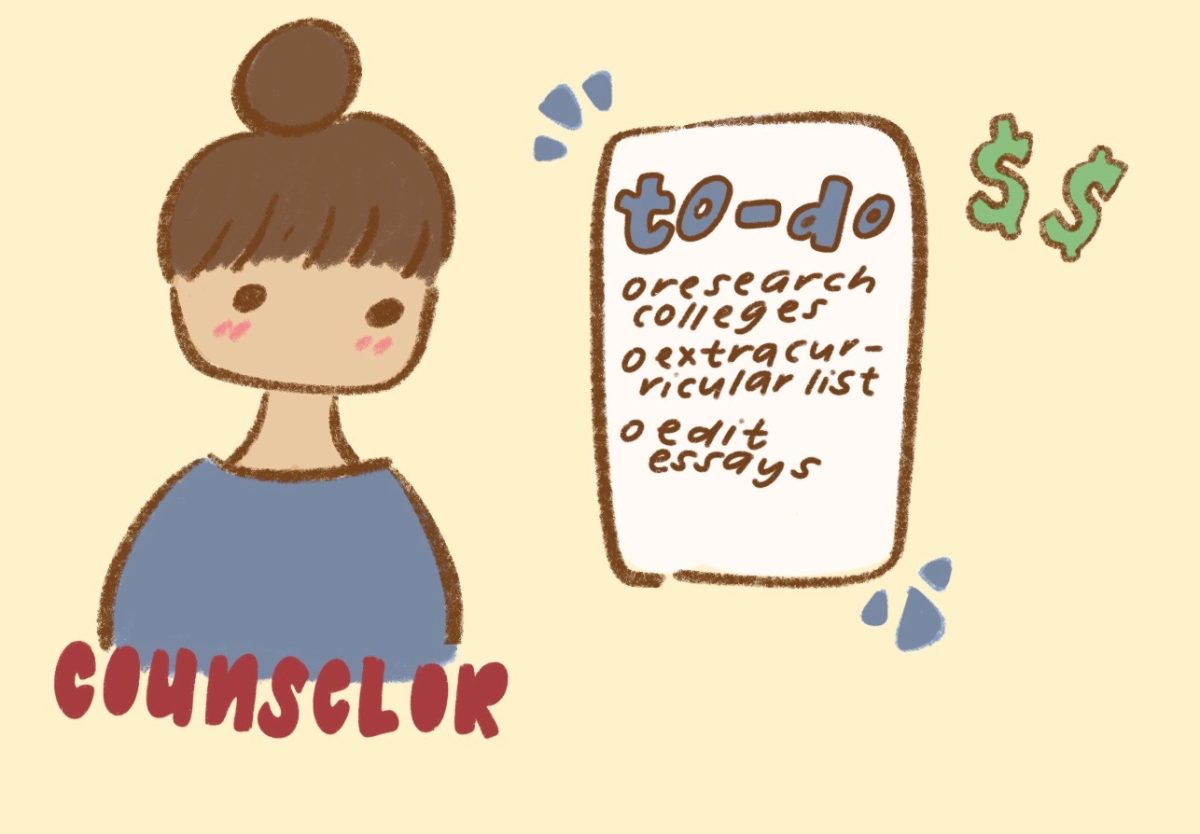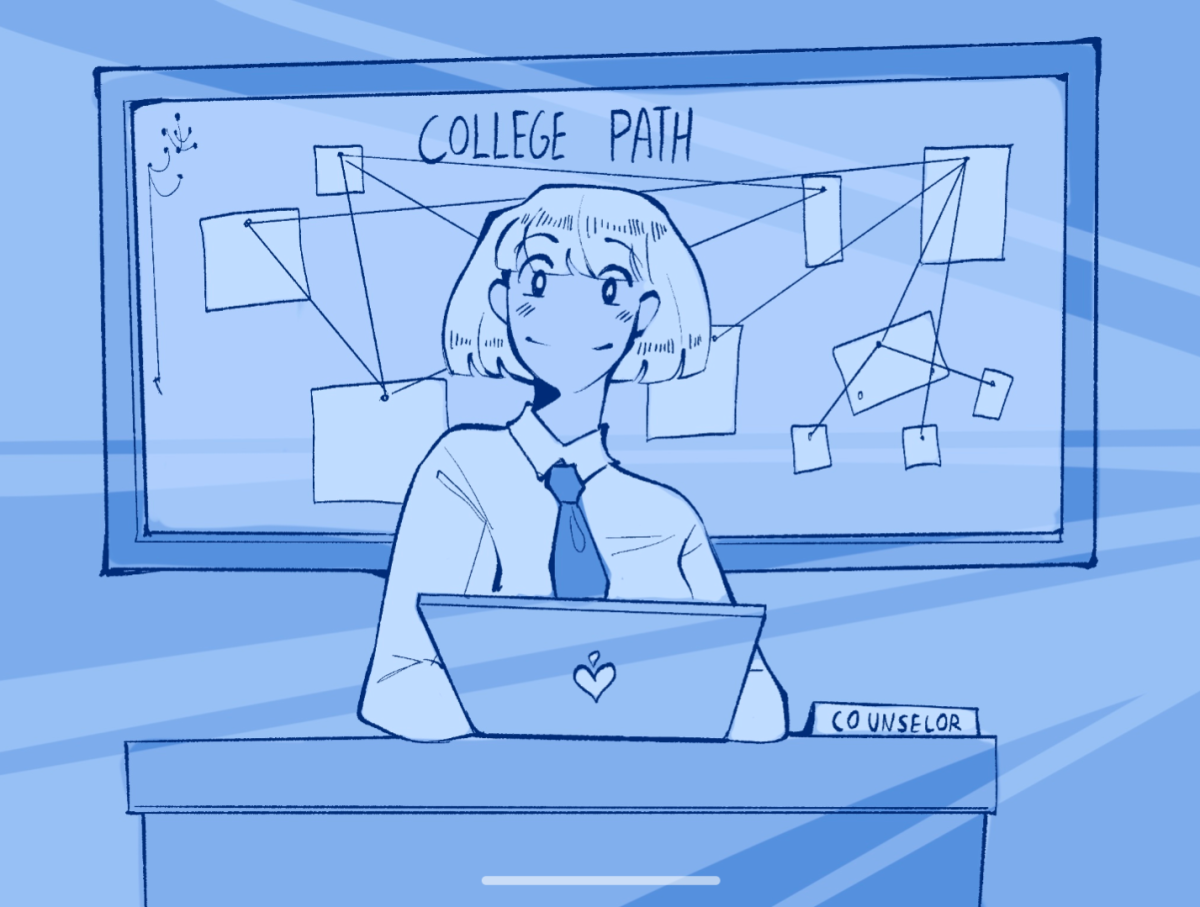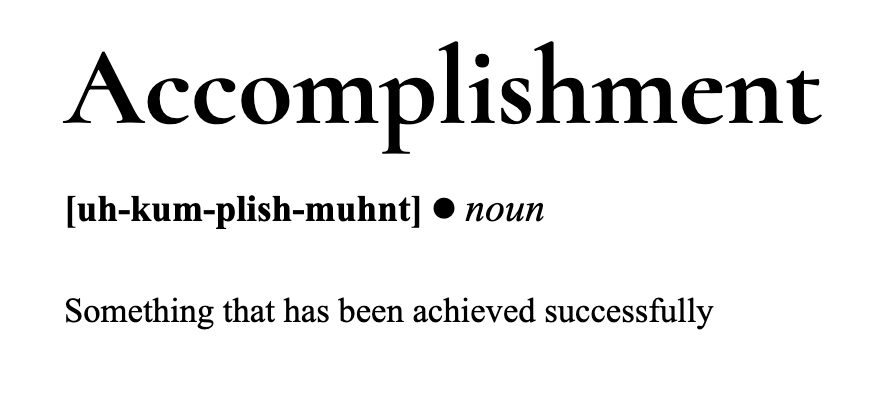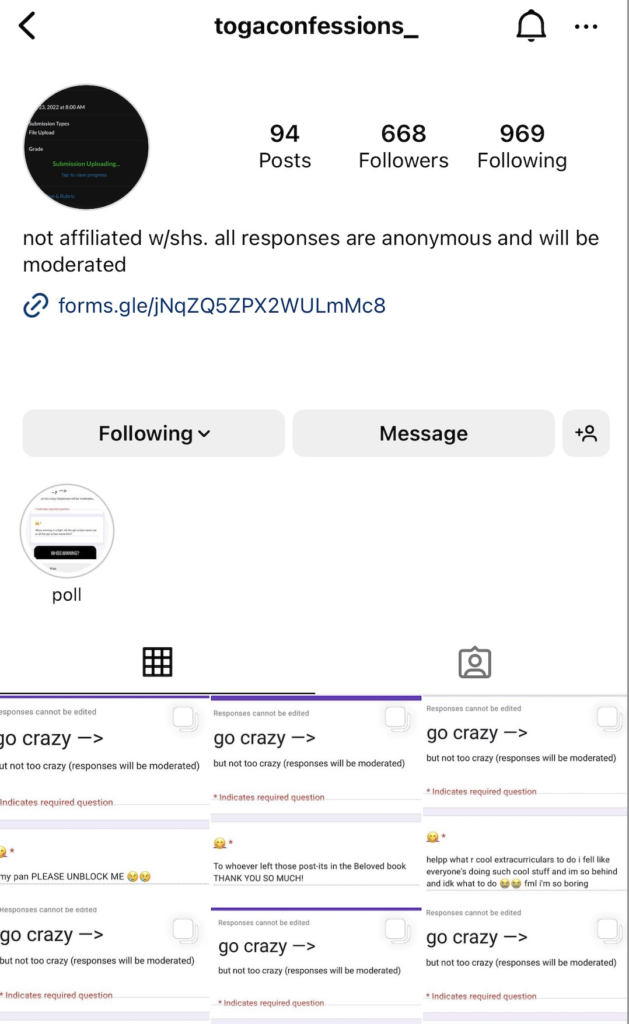Confession #120: It always feels like none of my ‘friends’ ever want to talk to me outside of school and it’s ruining me mentally. I don’t have a place anywhere.
This is one of the confessions on “togaconfessions_,” a popular student-run Instagram account that has gained over 600 followers since May for its anonymous content about students at the school.
Though the account claims to be “not affiliated with SHS [Saratoga High School],” nearly all of the account’s followers are SHS students. Users fill out an anonymous Google form — linked in the account’s bio — to rant about anything. Anonymous users who run the account “moderate” the submissions; however, since all submissions are completely up to the interpretation of the account administrators, few modifications, like blacking out full names and explicit words, are usually made. Even then, through context, the referenced person can be identified.
Rants vary from parking lot complaints to inappropriate and libelous claims about other students. This is where the opportunity for online harassment — cyberbullying — arises.
Despite repeated attempts from school administrators to shut down confession-type pages, these accounts have managed to reappear under multiple different names over the five years they have been in use.
History of SHS confession accounts: from Facebook to Instagram
Confession pages at the school originated in 2019 with the Facebook account “toga confessions” — formerly known as “shs confessions” — which served as a platform for many students to discuss topics like sexual assault, self-harm and academic or relationship advice.
Supporters tout confession pages as a space for students to exercise free speech and expression. Users who often feel isolated turn to these anonymous pages to express their emotions.
With 54% more teens using Instagram instead of Facebook in 2021, more confession pages are now transitioning to Instagram. In the meantime, these pages have become more akin to a platform that spreads rumors and explicit content.
In some posts, students felt frustrated by the toxicity of the account.
Confession #576: Why the hell do you talk s**t on my name. You don’t even know me and I’ve actually done nothing to you.
To prevent cyberbullying, moderators of the Facebook account “toga confessions” did not post anything explicitly targeting a person and instead aimed to publish only appreciation posts.
Still, some posts on “togaconfessions_” feature call-outs using students’ initials. Instead of self-confessions, many posts contain explicit language, dissing and mockery about appearances.
Freshman Emily, a pseudonym used to protect her identity, said she has already been posted about five times across various confession-type accounts. These accounts, like “togaconfessions_”, all claim to be unaffiliated with SHS and have strayed far from the original Facebook account’s positive tone. Much of the content is personal.
“I was kind of surprised and a little bit scared that a lot of people were going to see [rumors about my private life and mental health],” she said.
When Emily tried to contact the accounts’ administrators, she said they simply told her that it “wasn’t their fault” people were saying things about her.
“They’re only saying these things because they can’t say it to my face,” Emily said. “It just brings people down and it’s basically online bullying.”
Lack of accountability provides grounds for cyberbullying
Confession pages are hardly new. These private pages on social media, where students can post their secrets and thoughts anonymously, have been circulating for more than a decade. After a confession page called “OMG Confessions” went viral in 2012 on Facebook, more have spread out nationally and internationally. Students in universities such as Stanford also have their own confession accounts, which discuss topics ranging from post-graduation plans to relationship advice.
The lack of accountability may be one of the reasons confession pages have become so toxic. Because submissions are anonymous through a third-party platform, respondents are almost impossible to identify.
Researchers from Cornell have found that people are more likely to self-disclose and act aggressively under the cloak of anonymity without fear of any repercussions.
The American Psychological Association (APA) defines cyberbullying as the use of technology to inflict harm. By the APA’s definition, many confession posts are considered cyberbullying. Profanities are directed at people that can be discerned in context of the post, even if they are referenced with only their initials.
Here is an example of a typical post directed at someone:
Confession #611: Some b*tches just don’t know when to shut the f**k up. No one cares about your drama. Stop glaring and grow up..
What would the school do?
After receiving complaints from students and parents in October, principal Greg Louie sent an email to let the school community know that the administration would take action to try to shut down such accounts. According to the email, “Inappropriate Social Media Accounts,” the school may involve authorities if they are able to identify a student or group of students running the account.
Louie also asked students to think about their intentions when choosing to interact with confessional accounts.
“There are different ways to respond to the [confession pages]. Is it even healthy to participate in the first place? What is it you are intending when you do join these pages? Are you hoping that people are going to say negative things about other people and you want to be part of that because it’s funny? Obviously, it’s only funny until it’s not about you,” he said. “I would highly recommend that people not participate. If there’s no audience, then it becomes pointless.”
Following Louie’s email, “togaconfessions_” has stopped posting. Its last post was published on Oct. 7 with the caption “dm [direct message] if you want to take over account,” with about half the number of likes — 47 — their posts usually receive. Its follower count also dropped from about 668 to 600, as did the number of likes on some previous posts.
However, the email has not eliminated the presence of confession pages. In January, a new confessions page — @toga.confessionss — was created as the old one became inactive. Its follower count has already exceeded 100, as of March 5. The page features similar content to its predecessor. Numerous students have begun submitting to the new Google Form, and the account has thus far featured four posts.
In some cases, creators of confession pages may intend to make a healthy outlet. However, once inappropriate content gets posted, the page quickly turns toxic.
“I think there is potential for the intention of a healthy outlet,” Louie said. “Like anything, there’s potential for good, but when there are confessions that are inappropriate and border on bullying, that’s when it’s turned dark. Inevitably, there really isn’t a healthy place for [these confessions].”
He added that the school is doing what they can to maintain a safe and healthy school environment. He suggests if students want to get something off their chest, the Wellness Center should be their go-to place.
“Ultimately the question is, what was their intention when they started this account? If they’re moderating those pages, why are they putting forward the ones that are negative and that could be constructed as hurtful to other people?” Louie said. “Inevitably, I’d have to believe that most of the people who are doing these are doing it for the fun of it. It ends up being hurtful, dangerous and unnecessary.”


